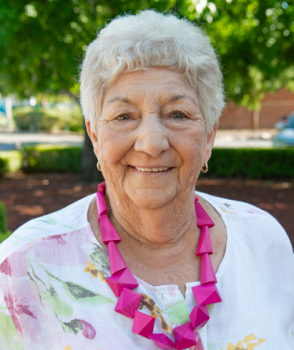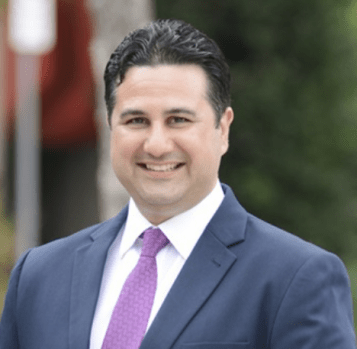The NSW economic regulator has dismissed a bid from North Sydney Council to raise rates by almost 90 per cent.
The Independent Pricing and Regulatory Tribunal received a special rate variation request from North Sydney to increase residents’ rates by 87 per cent over two years, increasing minimum rates from $715 to $1,548.
North Sydney had sought an increase of 45 per cent in 2025-26 and 29 per cent in 2026-27 “to repair council’s financial position, maintain existing services, fund the renewal of ageing infrastructure, and deliver strategic priorities for the changing and growing population.”
Council described the timing of its SRV application as critical. “Liquidity pressures because of the North Sydney Olympic Pool project have reduced renewal of infrastructure and depleted internal reserves,” it said.
However, IPART ruled council had failed to provide strong evidence for the need for such a steep rate rise, and also that the application didn’t state exactly where the money would be spent.
The issue caused widespread community outrage when, in February, councillors voted 7-3 to approve the application for the increase – a move that sparked protests and threats from residents to boycott payments.
Instead of the 87 per cent requested, IPART granted North Sydney a 4 per cent rate increase during 2025-26.
Without the additional revenue, North Sydney Council said infrastructure renewals and upgrades will go unfunded, long-term strategies will be deferred indefinitely, service levels will be reviewed and reduced, and responses to community requests will be limited.
A full review will now be conducted of all services and programs to “identify opportunities for expenditure cuts and reducing operational costs.”
This has been a difficult path to take
North Sydney Council was one of six SRV applications IPART assessed. Of these, the regulator approved four local governments to raise rates – Upper Hunter Shire Council, Federation Council, Shoalhaven City Council, and Gunnedah Shire Council.

Gunnedah Shire Council has been granted approval for a 37.67 per cent rate rise over two years, commencing from 1 July. Mayor Colleen Fuller said the increase was needed to address council’s financial sustainability and maintain essential community infrastructure and service levels.
“Like the majority of councils across NSW, Gunnedah Shire Council has found the NSW rate peg, cost shifting and rapidly rising expenses has not allowed rates to keep pace with costs,” Fuller said.
“This has been a difficult path to take given the rising cost of living and our commitment to supporting our community,” Fuller added. “However, IPART’s decision will allow Gunnedah Shire Council to go forward in the certainty that we can continue to provide the shire with the services and infrastructure it values.”
IPART granted Shoalhaven City Council to raise rates by 12 per cent. The increase will see an average increase in rates of around $3.46 a week.
Acting CEO James Ruprai said the 12 per cent rise would help council to prioritise the backlog of maintenance required for critical assets across the city, while also acknowledging the cost of living pressures felt by many in the community.

“At a time when every dollar counts we believe this increase strikes the right balance and will allow council to get vital work done in the community,” Ruprai said.
“A lot of good work has already been carried out by council staff to find ways to reduce costs and increase revenue internally. This will continue as we progress towards our goal of $10 million in savings over the next four years,” he added.
The councils approved by IPART for a SRV will have to report on how they spend the additional funds, any significant differences from their proposed expenditure, and productivity and cost containments strategies achieved.
Councils will now need to decide how to set their rates for 2025-26 financial year. Council can choose when it implements the approved increase in rates income – including deferring any increases for up to 10 years – and also how it sets rates across the rating categories.
Every year IPART sets a rate peg for each council in NSW which is the maximum amount by which councils can increase the general income that they collect from rates income.
For 2025-26, the core rate pegs range from 3.6 per cent to 5.1 per cent across NSW and 72 of the state’s 128 councils also received an additional allowance to reflect an adjusted population factor of up to 3.8 per cent.
The regulator encourages councils with approved SRVs to consult with the community to decide how best to implement the increases.




Coolgardie Shire was increasing rates 119%. After the last council meeting the rate rise went down to 97%. Protests, petitions and 201 submissions along with emails to the Local Government Department MP Hannah Beazley have so far failed. The Local Government Department needs to dismiss the council and send in Adjudicator and Administrators to clean up the financial mess.
Pity that councils and governments in general target hard working individuals to raise revenue. If only they grew the balls to tax the corporates and stop giving away our natural resources for peanuts.